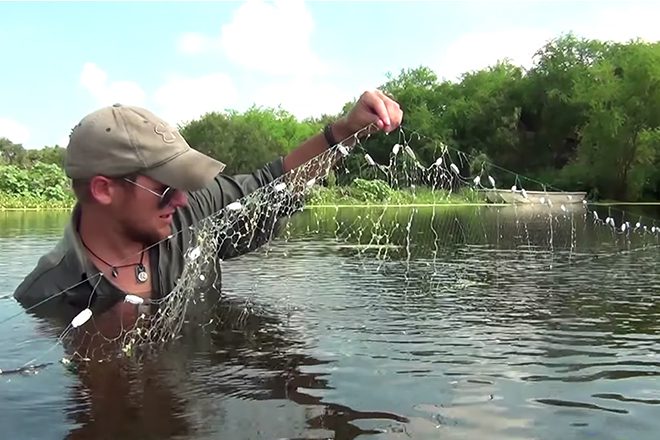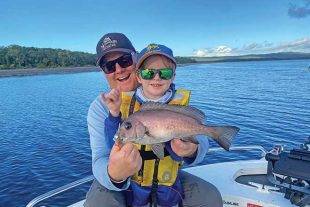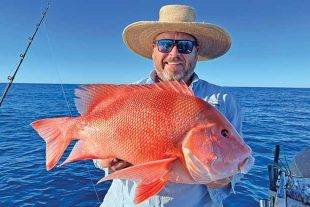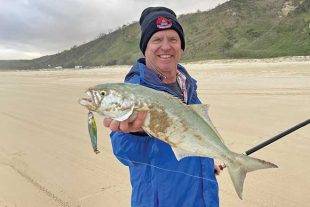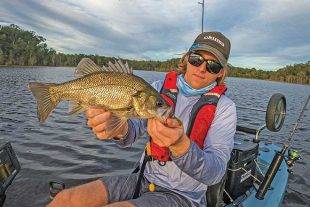Licences to practise gillnetting will be phased out in the Great Barrier Reef from December and will be banned in the region completely by July 2027. With about 240 gillnet licences on the east coast of Australia, half of those are in the Great Barrier Reef World Heritage Area.
With livelihoods on the line, gillnet fishos rallied recently outside Queensland Parliament to protest. Neil Green, a north Queensland fisher for 27 years, estimated his $750,000 worth of gillnetting equipment will soon become unsellable.
“It’s my life saving, my superannuation — I was hoping to sell that on to my daughter and she could fund my retirement – that’s been taken from us,” Mr Green said. “Without gillnetting, I’m finished – it’s as simple as that.”
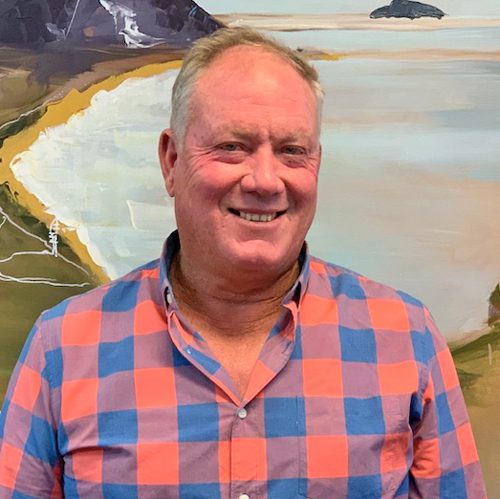
A Palaszczuk government spokesperson said fishers would be compensated for their loss of income. The spokesperson said, as per recommendations by United Nations Educational, Scientific and Cultural Organisation, gillnetting needed to be stopped to preserve the reef.
“Gillnets can have devastating impacts on marine life as they tend to be indiscriminate in the range of fish and other species they trap,” the spokesperson said. “As part of a $160-million package, jointly funded by the Queensland and Australian governments, $100 million has been allocated to support the commercial fishing industry.”
The Queensland and Federal governments have proposed a ‘Net Free North’, with the northern third of the Great Barrier Reef – stretching from Cape Bedford to the tip of Cape York – to be a net-free zone. The plans say gillnetting is an unsustainable practice that kills threatened species. The technique involves dangling a wall of net in the water to snag nearby fish, entangling their gills in the mesh to prevent escape. It can also snag endangered turtles, sharks, dolphins and dugongs that become trapped in the nets and slowly drown.

A deckhand since the age of 12, Mr Green’s 26-year-old daughter Sienna said that she and other Burdekin fishers always steered clear of areas with endangered species.
“We do not net the Great Barrier Reef,” Ms Green said. “We net in estuaries and on foreshores in muddy and mosquito-infested mangroves. I have been taught the signs for when these beautiful dugongs and dolphins are around and how to work accordingly. I can honestly say that in all my fishing life, I’ve never seen an interaction with a dugong or a dolphin in our nets.”
 Bush 'n Beach Fishing Magazine Location reports & tips for fishing, boating, camping, kayaking, 4WDing in Queensland and Northern NSW
Bush 'n Beach Fishing Magazine Location reports & tips for fishing, boating, camping, kayaking, 4WDing in Queensland and Northern NSW
